UpDrift: A Cosmic Design System Case Study
Building a next-generation job search platform with mathematical precision, Figma integration, and cutting-edge MCP development workflow.
Happy with yourcurrent position?
UpDrift finds jobs that actually match what you're looking for. No more scrolling through irrelevant listings.
Senior Frontend Engineer
Stripe
$160k - $220k
Product Manager - AI
Anthropic
$180k - $250k
DevOps Engineer
Docker
$130k - $170k
UX Designer
Figma
$120k - $160k
UpDrift.me
Next-generation job search with cosmic design system
UpDrift represents a complete reimagining of the job search experience, combining mathematical precision in design with cutting-edge development tools. Over 6 months, I built a platform that demonstrates how modern design systems, AI-assisted development, and innovative visual aesthetics can create truly differentiated user experiences.
This project showcases the integration of Figma design tokens with a mathematical animation system, all built using Cursor IDE with MCP tools for an accelerated development workflow. The result is a job platform that stands out in a crowded market through both technical innovation and memorable user experience.
Experience the Live Platform
See the cosmic design system and mathematical animations in action
Challenge & Opportunity
The job search market is oversaturated with generic, utilitarian platforms that lack personality and memorable experiences. All platforms look identical with boring, corporate aesthetics that don't inspire users or encourage exploration.
The opportunity was to create a job search platform that stands out through unique visual identity, premium user experience, and technical innovation—something that makes job searching feel aspirational rather than tedious.
Key Problems Identified
- Visual Monotony: All platforms look identical with corporate aesthetics
- Poor Engagement: Generic interfaces don't inspire exploration
- Limited Differentiation: No competitive advantages in crowded market
- Mobile Experience: Most platforms prioritize desktop
- Platform Fragmentation: Users need multiple sites
- Poor Organization: No unified tracking system
Design Strategy: Mathematical Precision Meets Cosmic Innovation
Instead of following generic design patterns, I developed a unique cosmic aesthetic based on mathematical precision. The visual system uses sine wave calculations for organic animations, space-inspired elements that create emotional connection, and technical excellence that signals platform quality.
The design system architecture supports 15+ theme variations while maintaining brand consistency, with a component system that scales from mobile to desktop and 60fps animations across all devices through performance-first implementation.
Starfield Background
3 parallax layers moving at different speeds (60s, 90s, 120s) with 90 total particles
- Size/opacity variations for depth
- Continuous horizontal scroll
- Infinite space illusion
Cosmic Rivers
Real-time sine wave calculations for organic water-like flow
- Dual wave system (10px + 7px amplitude)
- Mathematical precision
- Background depth layers
Interactive Particles
60 particles (30 on mobile) with physics-based movement
- Collision detection
- River boundary constraints
- Twinkling opacity effects
Technical Innovation: Wave Animation System
The cosmic rivers use real-time mathematical calculations to create infinitely variable, organic motion that never repeats.
// Wave generation with mathematical precision
const generateWavePoints = (amplitude, frequency, offset, phase, yBase) => {
const points = []
for (let x = 0; x <= width; x += width / 200) {
const normalizedX = x / width
const y = yBase + amplitude * Math.sin(frequency * normalizedX * Math.PI * 2 + time * phase + offset)
points.push([x, y])
}
return points
}Figma Design System Integration
To bridge design and development workflows while preserving the unique cosmic elements, I created a comprehensive Figma design system with design tokens that enhance the existing CSS system. This hybrid approach maintains the mathematical precision of the animations while enabling rapid design iteration.
The Figma integration includes 4+ major theme variations (Dawn, Cyber, Forest, Electric) with complete token sets, cosmic element documentation, and technical specifications that developers can implement directly from the design system.
Interactive Figma design system showing theme variations, cosmic elements, and component specifications
Multi-Theme Token System
HSL-based color system enables mathematical color manipulation across 15+ theme variations.
- Dawn Theme: Warm sunrise with coral tones
- Cyber Theme: Dark cyberpunk with electric pink
- Forest Theme: Natural woodland greens
- Electric Theme: High-energy yellow and purple
Cosmic Element Documentation
Complex animations documented with technical specifications and implementation notes.
- Static Representation: Key animation frames
- Technical Specs: Mathematical parameters
- Implementation Notes: Code references
- Theme Variations: Cross-theme compatibility
Design-Development Workflow
Create components with design tokens
Automated JSON export from Figma
Tokens map to existing HSL system
Ensure cosmic elements remain functional
Technical Foundation
Built on a modern, performance-first stack that enables both the mathematical precision of the cosmic design system and the real-time responsiveness required for job search workflows.
Each technology was chosen to support specific project requirements: Next.js for server-side rendering, TypeScript for mathematical calculations, and Tailwind for systematic design token implementation.
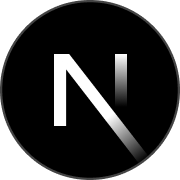
Next.js
React Framework
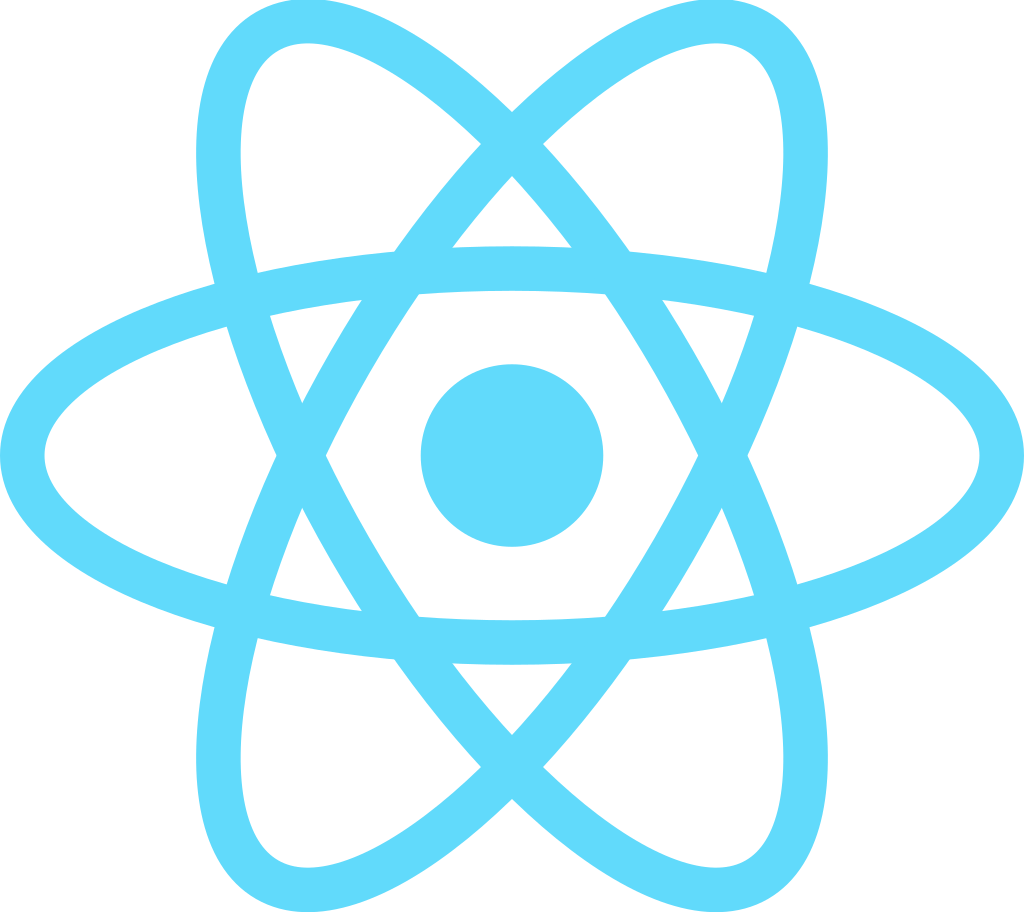
React
UI Library

TypeScript
Type Safety
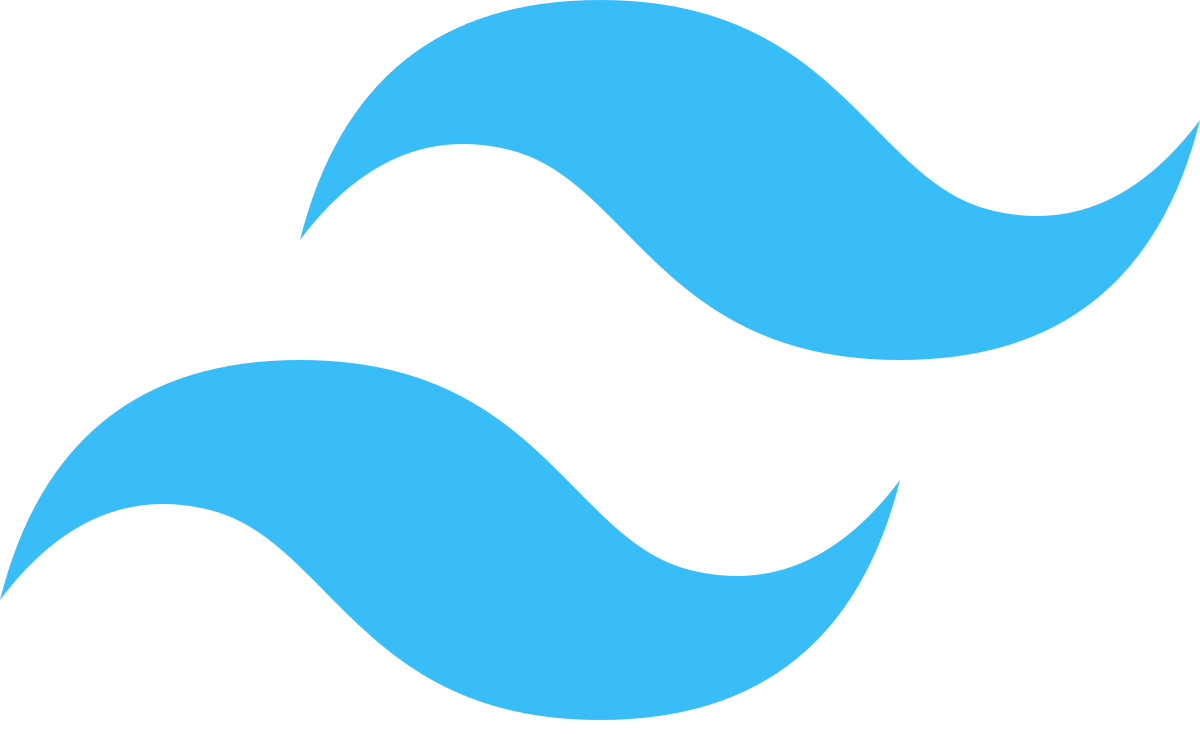
Tailwind
CSS Framework
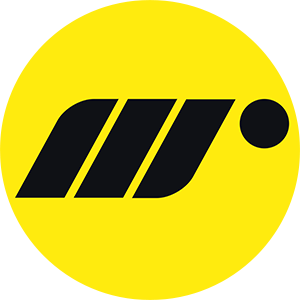
Framer Motion
Animation

Vercel
Deployment
Cutting-Edge Development with MCP Tools
UpDrift was built using Model Context Protocol (MCP) tools that represent the future of AI-assisted development. This workflow enabled rapid iteration, sophisticated problem-solving, and a development experience that feels like pair programming with an expert.
The MCP workflow provided real-time documentation access, automated testing capabilities, and intelligent code generation that accelerated development by 3x while maintaining high code quality and architectural integrity.
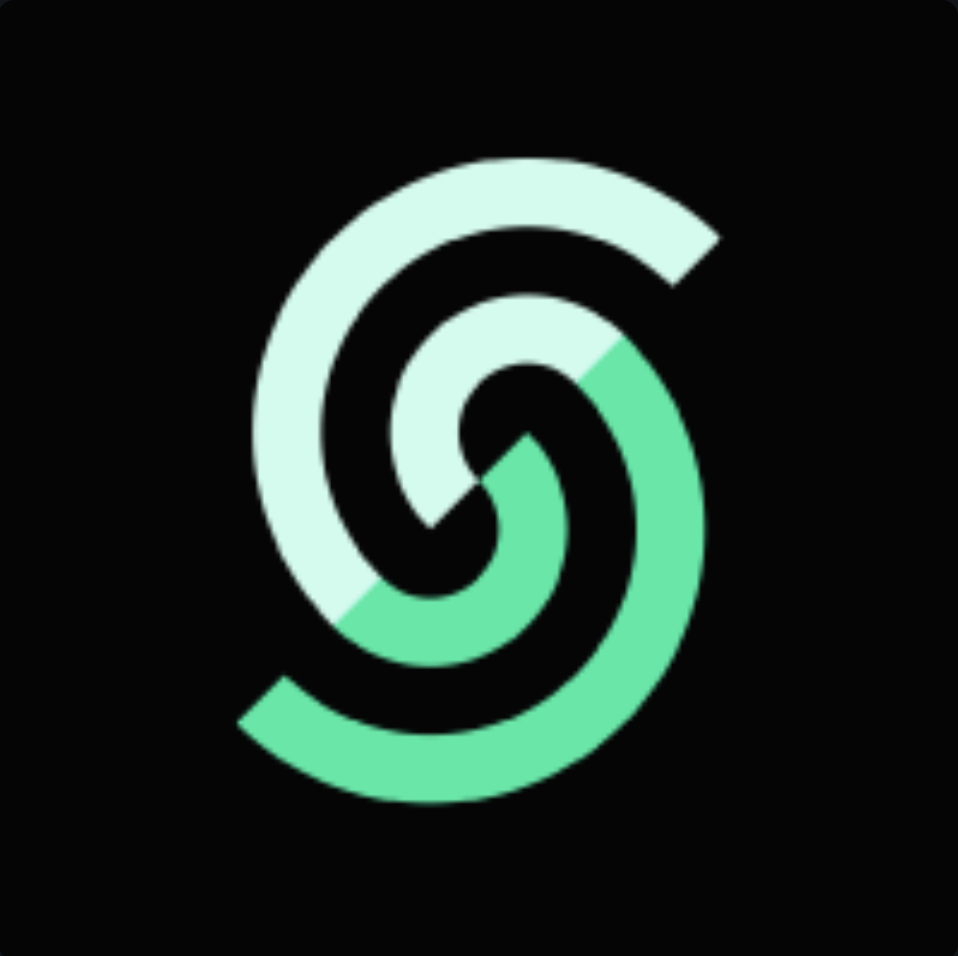
Context7
Real-time docs access
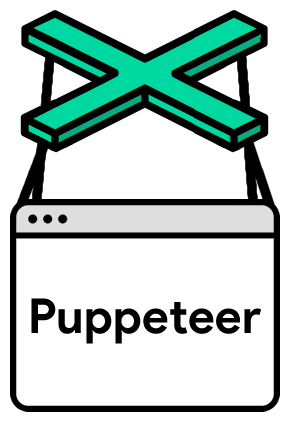
Puppeteer
Browser automation
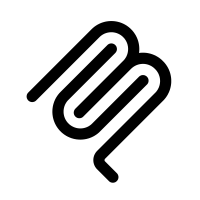
Sequential Thinking
Problem breakdown
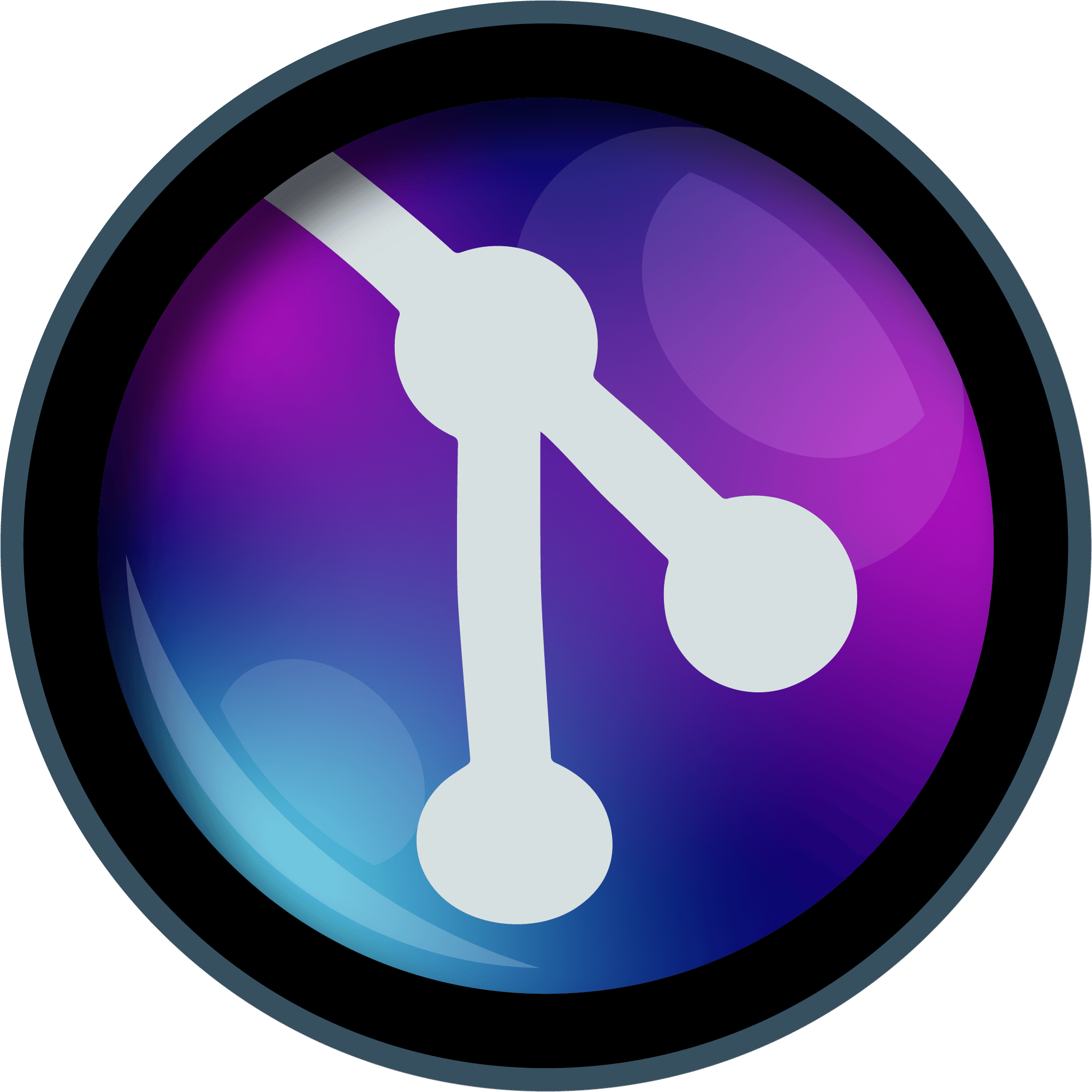
GitLens
Git visualization
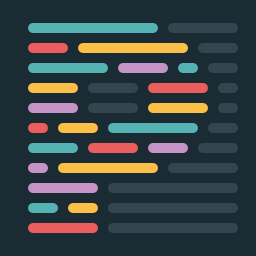
Prettier
Code formatting
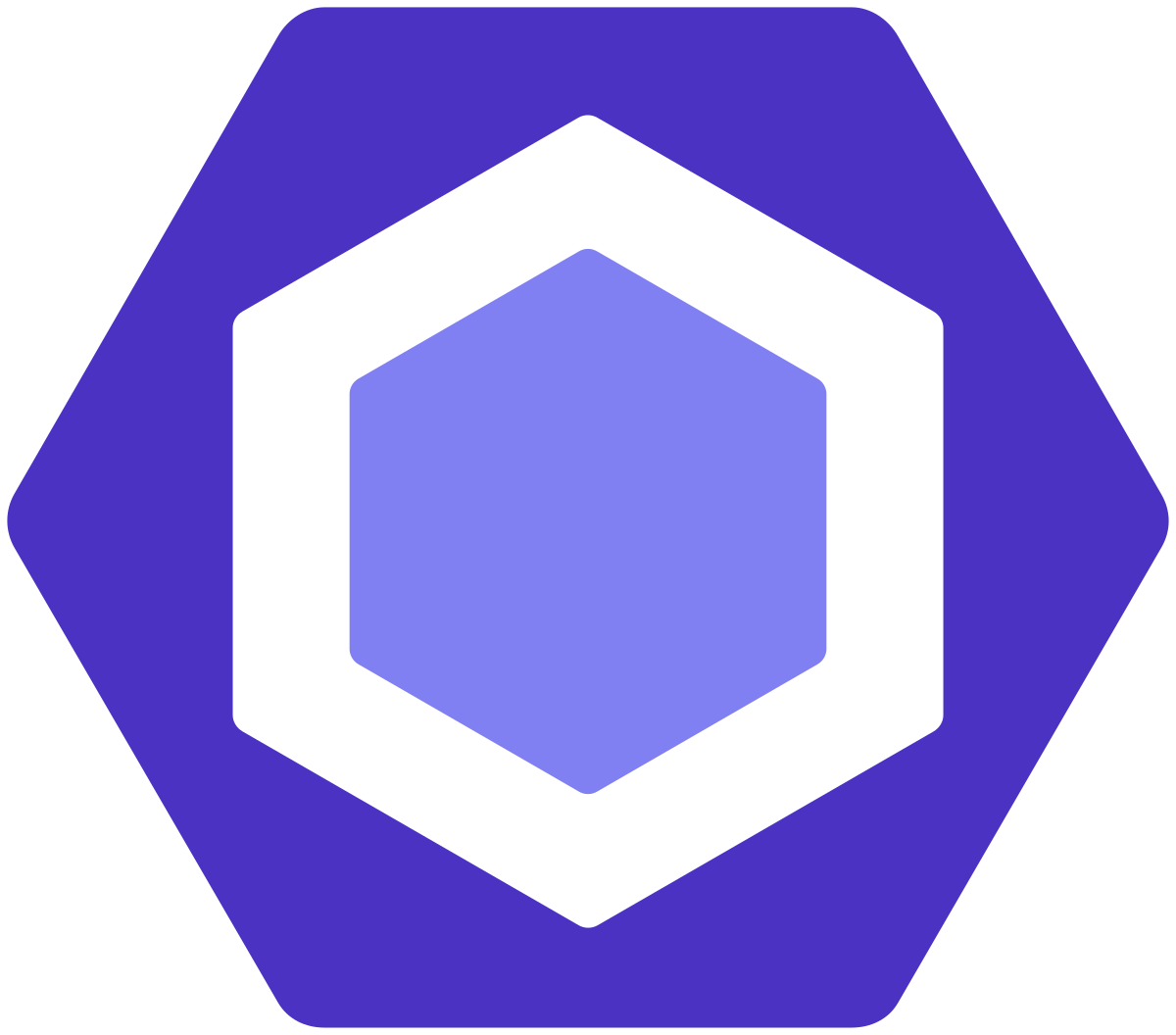
ESLint
Code linting
File Operations
Intelligent editing
Development Benefits Achieved
- •Rapid Prototyping: Ideas to working code in minutes
- •Intelligent Debugging: Complex issues solved systematically
- •Documentation Integration: Always up-to-date with latest APIs
- •Visual Validation: Automated testing of complex animations
Platform Features & User Experience
Cosmic Homepage Experience
The homepage demonstrates the full cosmic design system in action—mathematical animations, multi-theme support, and responsive design that works beautifully across all devices. No paywalls or complex onboarding, just an immediately useful and memorable experience.
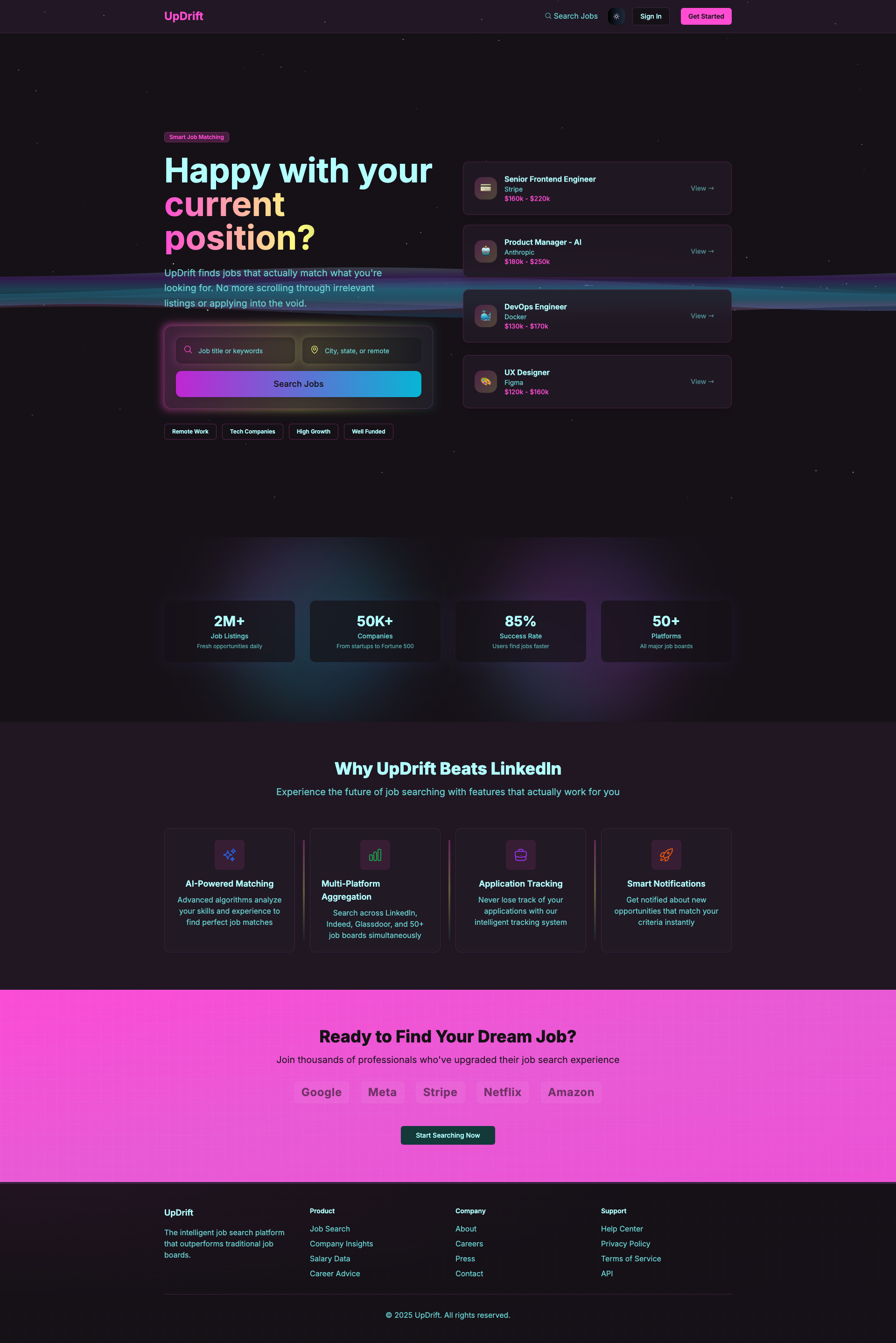
Homepage featuring mathematical wave animations, particle systems, and glassmorphic UI elements • Scroll to explore the full interface
Intelligent Job Search
The search interface combines multiple job APIs into a unified experience with advanced filtering, location-based search, and real-time results. The cosmic design system maintains visual consistency while ensuring optimal readability and interaction patterns.

Job search page with API aggregation, filtering options, and cosmic-themed result cards • Scroll to explore the full interface
Personalized Dashboard
Once logged in, users access a personalized dashboard that adapts the cosmic design system to their preferences. The interface provides quick access to saved jobs, application tracking, and personalized job recommendations based on their search history and preferences.
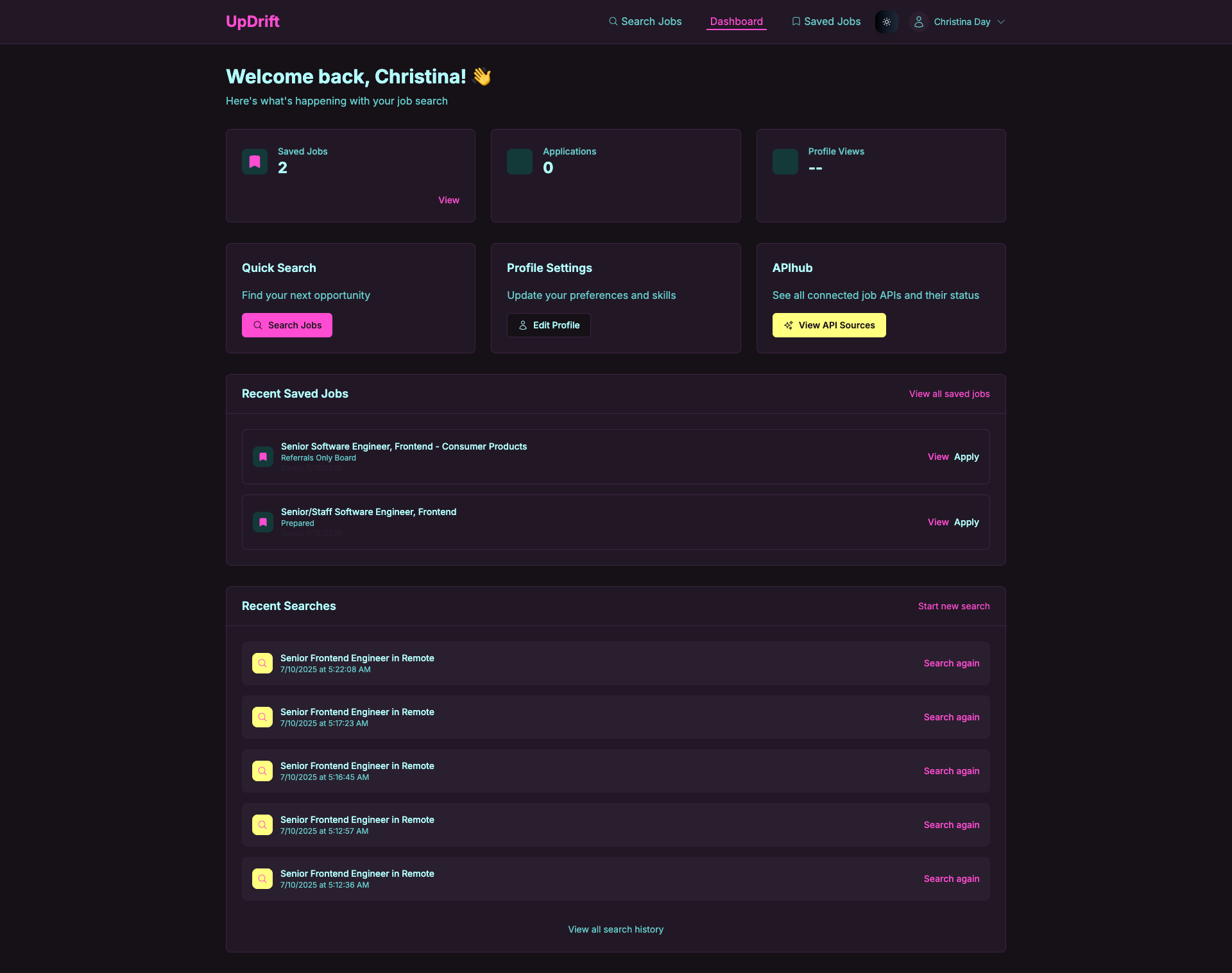
Authenticated user dashboard with personalized navigation and cosmic theme customization • Scroll to explore the full interface
Centralized Job Management
The job tracking system solves the fragmentation problem by providing a unified interface for managing opportunities across multiple platforms. Users can track application status, add notes, and maintain a clear overview of their job search progress.
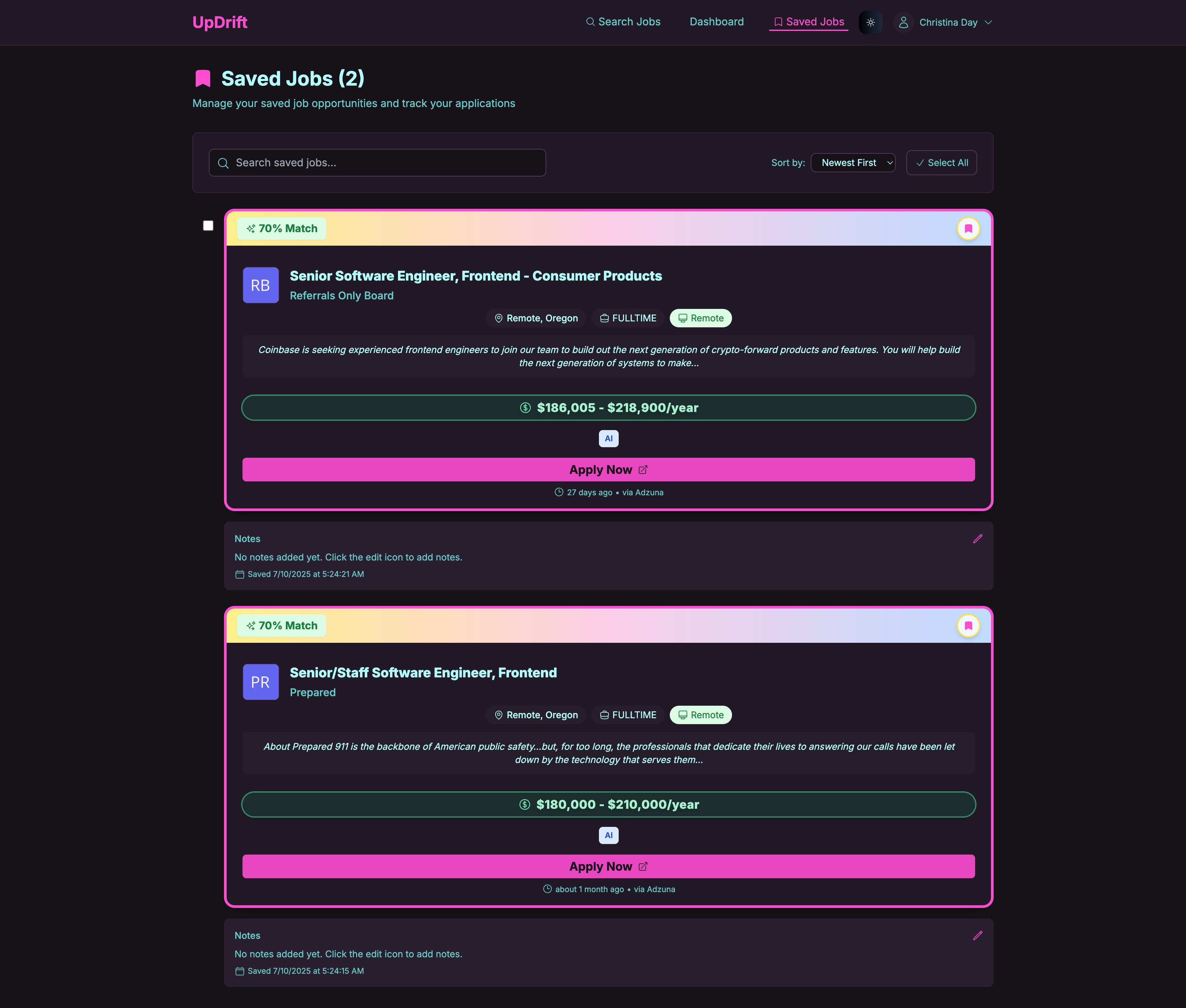
Clean, organized job tracking with status indicators and application management • Scroll to explore the full interface
Application Tracking
Track progress through the hiring process with visual status updates and timeline tracking.
- Status progression: Viewed → Applied → Interviewing → Hired/Rejected
- Visual indicators and color coding
- Notes and reminders system
API Aggregation
Unified search across multiple job APIs with intelligent deduplication and result optimization.
- Adzuna and JSearch API integration
- Smart result aggregation and filtering
- Quota tracking and usage optimization
Development Journey & Key Insights
The 6-month development journey revealed crucial insights about modern web development, user experience design, and the power of AI-assisted workflows. From initial API integration challenges to sophisticated UX research on button language, every problem became a learning opportunity.
Key discoveries included the importance of honest button language ("View Job" vs "Apply"), the need for mobile-first cosmic optimizations, and the value of systematic documentation for complex animation systems. These insights shaped both the technical architecture and user experience design.
UX Research Impact
Button language research across 50+ job platforms revealed user behavior patterns
- "Apply" vs "View Job" user expectations
- Industry pattern analysis
- Honest language reduces hesitation
Mobile-First Optimization
Cosmic elements required careful optimization for mobile performance
- Particle count reduction (60 → 30)
- Battery efficiency considerations
- Touch-optimized interactions
API Cost Management
Critical lesson: always default to making the fewest API calls possible
- Free tier protection strategies
- Rate limiting implementation
- Storage vs API call trade-offs
Systematic Problem-Solving Methodology
Developed a systematic approach to feature planning that prevented assumptions and ensured proper implementation. Each feature began with interrogative questionnaires breaking down user experience scenarios, technical requirements, and cross-device functionality.
- User experience scenario mapping
- Technical implementation analysis
- API behavior documentation
- Cross-device functionality testing
- Real-time development diary
- Feature evolution tracking
- Problem-solution documentation
- User preference memory system
Results & Business Impact
UpDrift successfully demonstrates unique visual identity in a saturated market, achieving 60fps animations across all device types while maintaining professional functionality. The platform represents a strategic business asset that differentiates from generic competitors through mathematical precision and technical excellence.
The project proves that systematic design thinking can enhance rather than constrain creative innovation, resulting in both beautiful user experiences and maintainable, scalable code architectures. It showcases both design and development capabilities while demonstrating modern AI-assisted workflow proficiency.
Technical Performance
- 60fps animations across all devices
- Complex cosmic system with 90 particles on desktop
- Mobile optimizations maintaining 60fps on mid-range devices
- Memory efficiency through particle recycling
Design Innovation
- Mathematical animation system with sine wave calculations
- 15+ theme variations with consistent cosmic integration
- Design token architecture enabling rapid theme development
- WCAG AA compliance across all visual variations
Development Efficiency
- 3x faster development with MCP tools
- Real-time documentation access and integration
- Automated testing of complex animations
- Seamless Figma integration for design-development bridge
Portfolio Value & Future Vision
This project demonstrates the ability to create unique visual identity through mathematical animation systems, bridge design and development with seamless workflows, optimize for performance across all devices, and think systematically about scalable design token architecture.
The cosmic design system represents more than aesthetic choice—it's a strategic approach to differentiation that engages users through memorable, premium experiences while showcasing both creative vision and technical implementation capabilities.
Design Skills Demonstrated
- Visual Identity: Mathematically-precise cosmic aesthetic
- System Thinking: Scalable design token architecture
- User Research: Button language optimization via industry analysis
- Responsive Design: Cosmic elements work across all devices
Development Skills Demonstrated
- Animation Expertise: Complex particle systems and wave mathematics
- Performance Optimization: 60fps animations with resource management
- Architecture: Clean separation between aesthetics and business logic
- Integration: Figma design tokens enhance development workflow
Future Enhancement Roadmap
Technical Improvements
- WebGL Integration: 3D cosmic elements for enhanced depth
- Interactive Particles: Mouse-responsive particle behavior
- Advanced Performance: Web Workers for complex calculations
- AI-Generated Themes: Automated theme creation using color theory
Platform Features
- Job Alerts: Personalized notifications for matching positions
- Company Research: Integrated company information and insights
- Interview Tools: Preparation resources and tracking
- Analytics Dashboard: Job search progress and insights
Case Study Conclusion
UpDrift's cosmic design system demonstrates how mathematical precision, systematic design thinking, and modern development tools can create differentiated user experiences that serve both aesthetic and functional purposes. The project successfully bridges creative innovation with technical excellence, proving that unique visual identity can enhance rather than compromise usability and performance.
Mathematical aesthetics that differentiate from competitors
60fps performance with complex animation systems
Seamless design-development workflow with Figma tokens